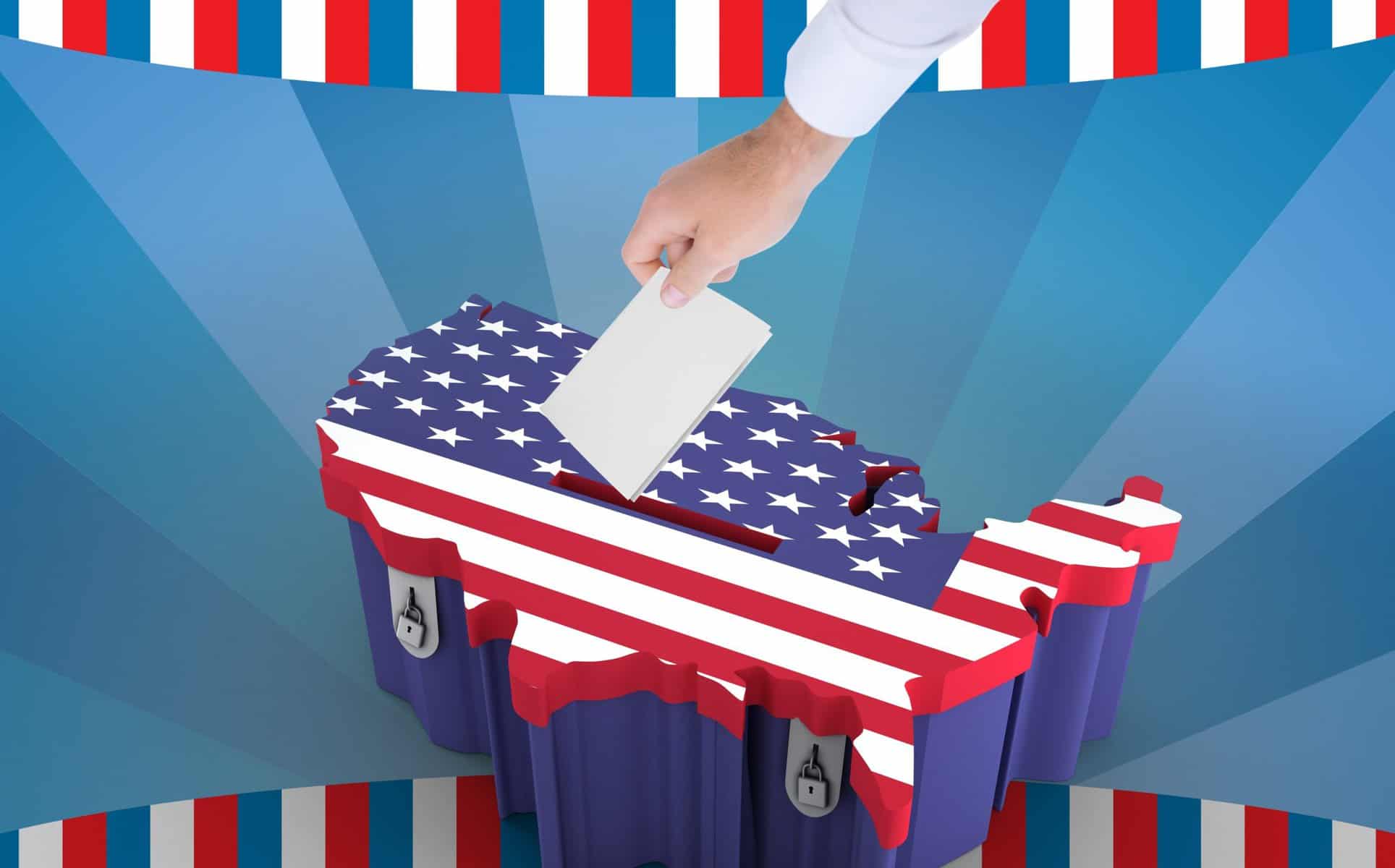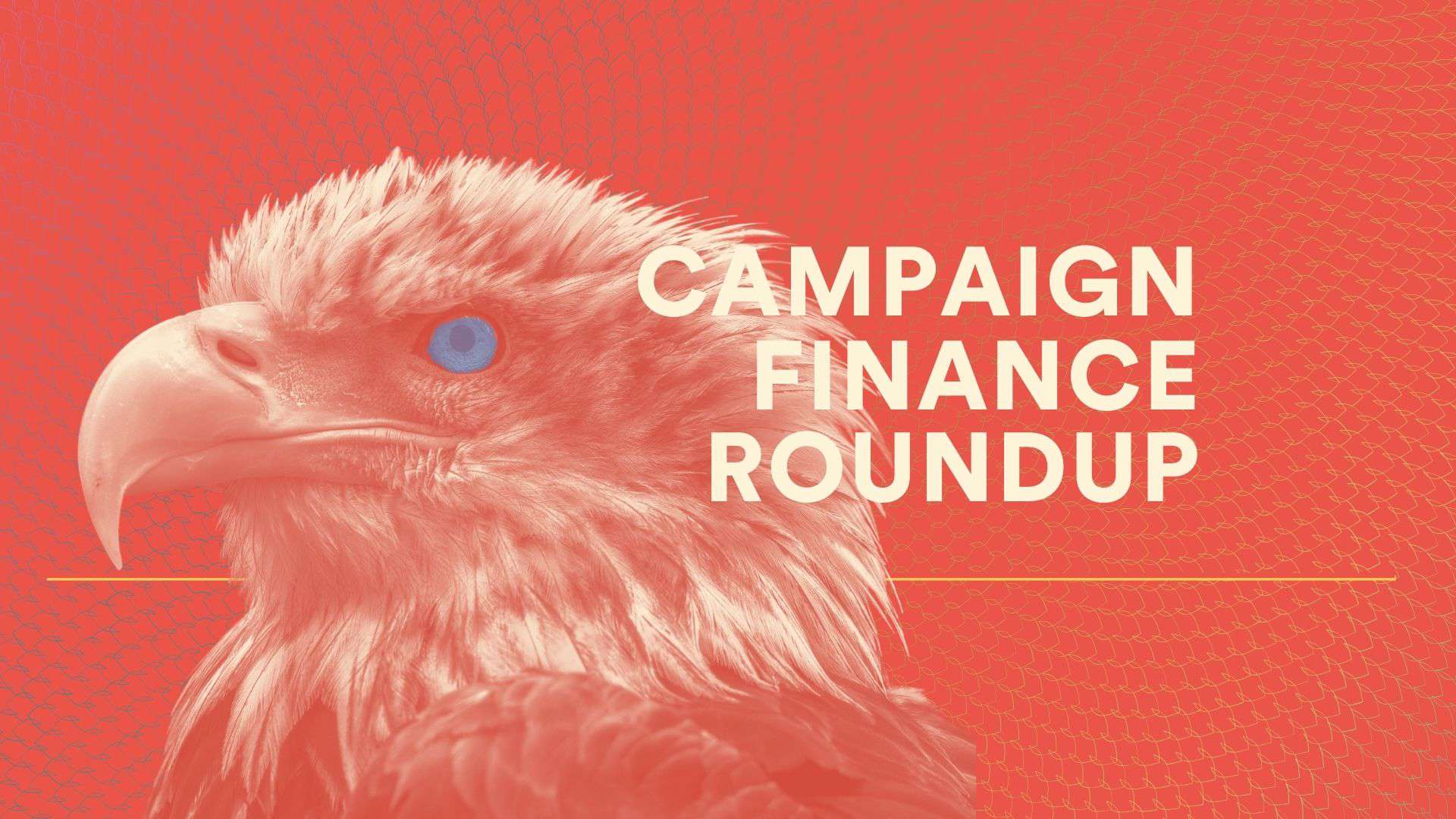The corrupting influence of big money in politics doesn’t just affect national elections—in recent years cities and states across the nation have seen an upswing in campaign spending, often from powerful out-of-state interests. In order to fight the undue influence of wealthy special interests in local elections, cities like New York, Washington, D.C., and Seattle are amplifying the power of the people with public campaign financing.
Campaign finance has become a central issue in the conversation around our representative government. As election costs skyrocket, wealthy special interests that help fund expensive election and re-election campaigns can wield undue influence over political outcomes. The role of money as free speech in politics gives elite “super-citizens” disproportionate representation over the majority, causing many Americans to become disillusioned with the pay-to-play structure of our electoral system. Public opinion often takes a backseat to the legislative preferences of special interests, which benefit by maintaining the status quo on important issues such as the opioid epidemic and climate crisis.
As wealth inequality continues to grow, nearly half of all Americans struggle to afford basic living expenses, let alone campaign contributions. Wealthy mega-donors exert an outsized influence not only on the outcome of elections, but also on subsequent policy decisions—or lack of policy action. This unfair advantage translates economic inequality into political inequality, tilting our representative government from a level playing field into a strong power dynamic that favors an elite class—known as oligarchy.
Voters on both sides of the aisle are seeking solutions for what they see as America’s biggest problem today: political corruption. One of these solutions is public campaign finance, already working in a few major cities and growing in popularity.
Although there are many forms of public campaign finance, the most powerful one is small donor public financing: a matching system that uses public funds to multiply political donations. Small donor public financing breaks down barriers for ordinary citizens to participate in politics and encourages candidates to build a large base of supporters rather than relying on a concentrated number of large donors. Candidates are held more accountable to their electorate, whose voices are amplified and whose representation is safeguarded against corruption. Voters are also empowered with more choices, as candidates from diverse backgrounds have a greater chance to compete in elections funded by the public rather than by powerful connections.
Amid rising calls for democracy reform, experience shows us how to most effectively change the national political landscape for the better. Throughout our history, Americans have turned to the Constitutional amendment process to usher in sweeping reforms. While the 28th Amendment focuses on limiting unchecked special interest spending in elections rather than specific campaign finance reforms, its passage is paramount to pave the way for state-by-state campaign financing solutions that guarantee equal representation of all citizens rather than just the wealthy few.
But what does public campaign financing look like in practice?
Just over two dozen states, cities and counties have some form of public financing for elections. In 2018, the Council of the District of Columbia unanimously approved the Fair Elections Program, which offers public funds to candidates to forgo big-dollar contributions. Janeese Lewis George, a candidate challenging an incumbent for the D.C. Council in the June primary, says of the program: “Fair Elections is allowing for more candidates who are representative of the city and from all different backgrounds to have a fighting chance. (Former U.S. Senator) Shirley Chisholm said, ‘If they don’t give you a seat at the table, bring a folding chair.’ And I think Fair Elections gives more people the opportunity to bring a folding chair to the table.”
New York City’s multiple match system has used public funds to not only match donations, but also multiply them since 1988. If a NYC resident makes a $50 contribution to a local candidate, then through the match program that campaign could receive $350. This solution amplifies the influence of small donors and diversifies the pool of candidates who can compete by using public funds to “counter the rapidly growing cost of running for public office.”
Since 2015, the city of Seattle has used public financing to counter the role of big money in local elections. By sending each resident $100 in “democracy vouchers,” citizens are empowered to donate to their candidate of choice and participate in the political process. The taxpayer-funded project was successful in tripling the number of small donations in municipal elections from 2015 to 2017. However, the recent 2019 Seattle City Council election was dominated by an influx of money from big businesses, special interest groups and wealthy donors—demonstrating the need for foundational policy, like that in the 28th Amendment, to reduce this influence and return power to all citizens.
More cities are getting on board with the growing movement for small donor public financing. Baltimore is preparing to become the next major metropolitan area that puts taxpayer money toward funding local elections, joining multiple other Maryland programs. The Baltimore City Council recently approved legislation for a public matching fund, which will support local candidates who refuse donations from special interests, such as PACs, unions, and corporations. It is expected to be signed by Mayor Jack Young and to take effect in 2024.
The growing popularity of public campaign finance parallels American Promise’s state-by-state strategy for winning the 28th Amendment, and signals success for systemic reforms to rebalance whose voices are represented in our nation’s politics. Everyday Americans want to reclaim their power in the political system via fundamental reform, and they are making strides to work toward and win victories through a variety of methods. By passing the 28th Amendment, we will establish the Constitutional foundation to strengthen representative democracy for all Americans, not just the wealthiest among us, setting the stage for effective reforms that ensure every citizen’s voice counts in our political system.





